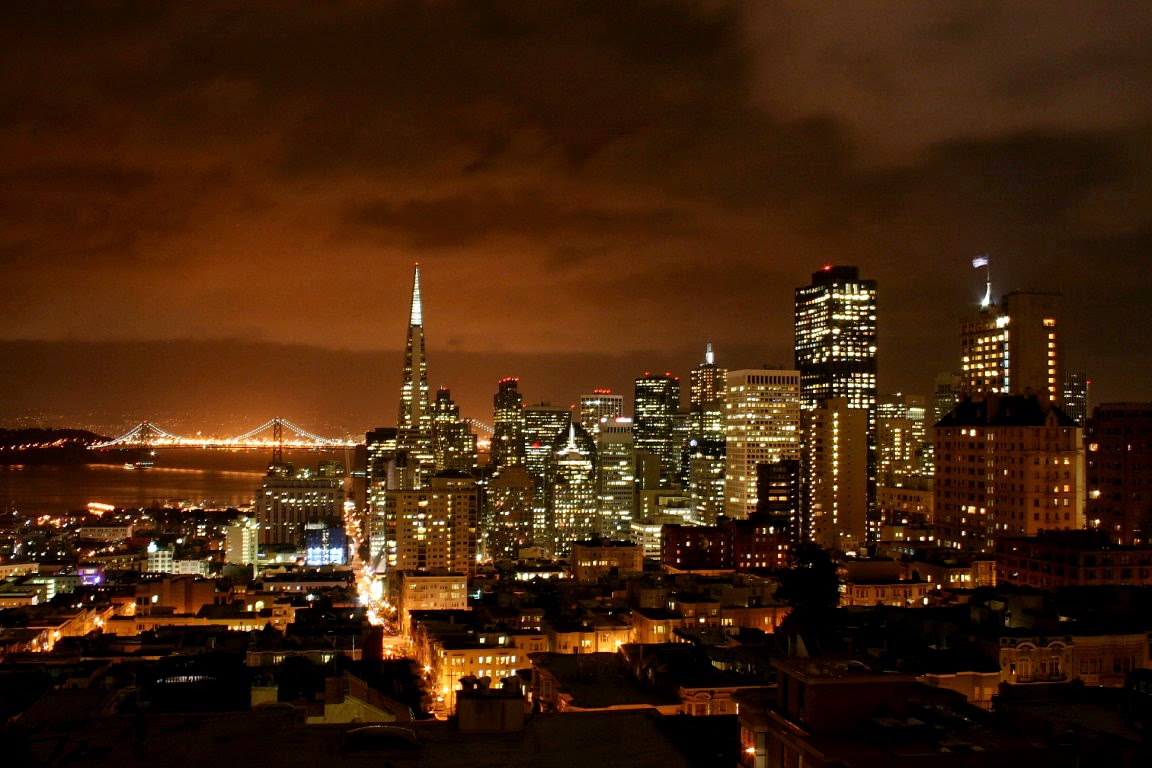Sand on a beach near Waldport, at the Oregon Coast. I went on a day trip during Spring Break and really liked how the sand looked like a fingerprint design, so I took a quick snap on my iPhone.
Hello class,
It was so great to see everyone again! I hope that you all had a restful and enjoyable Spring Break. I am certainly excited to get back to class! Here's what we did today:
Learning Targets Addressed:
SS.HS.KN.ALT.17: I can explain the process of change and continuity in a society, place or region.
SS.HS.KN.ALT.19: I can explain the role and impacts of social hierarchies.
SS.HS.CO.ALT.01: I can organize ideas in a logically sequenced manner and in a way that is appropriate to the content area.
Soundtrack: “Welcome Back" by Ma$e. For obvious reasons. Lyrics here.
AGENDA 3/31/14:
Spring Break Recap
News Brief
Physical Traits
The Differences Between Us
Homework: Have elements 1+2 done for activism project. Read the blog! Next news brief: Miles.
Spring Break Recap: To start the class, I had students go talk with the person on the opposite side of the room, as if it were a mirror image. I just wanted you to check in about how Spring Break went and if anything interesting or noteworthy happened. Then we came back together as a class and I asked if there were any especially fun activities anyone did.
News Brief: Next, we turned to the news and this story that Emily brought in for us: CNN.com - Washington mudslide death toll climbs, yet hope remains. This is a very big regional story for us. It did rain a LOT in the Pacific Northwest over the break, and this was perhaps a tragic consequence of all of that precipitation. According to the article, at least 21 people have died and 30 are still missing as a result of the mudslide in Oso, Washington.
Physical Traits: To get back into thinking about race and civil rights, I asked the class to brainstorm physical differences aside from race and gender. We came up with a list that looked something like:
Hair color
Eye color
Blood Type
Ability to curl tongue
Hand preference
To show how different those classifications were, I had everyone stand up and try to classify themselves based on these characteristics. The point here was that (obviously) the groups changed for each question. So why is race so important in our society as a definition?
The Differences Between Us: A few things here. First, I talked about the importance of equity work and study to me, as a white male teacher. I realize right off the bat that the color of my skin influences the ways in which students see me. I also wanted to acknowledge that racism and negative social outcomes based on race are still very much an issue - that ignoring race does a huge disservice to the problem.
I also talked a bit about the term "people of color," which I have been using in class. I showed this recent NPR article about the history with referring to, well, people of color: NPR.org - The Journey From 'Colored' To 'Minorities' To 'People Of Color'. It appears there is an interesting discussion of the term in the comments, as well.
After that, I introduced the first episode of Race: The Power of An Illusion - The Differences Between Us. Here are the questions to go along with the documentary:
Physical Traits: To get back into thinking about race and civil rights, I asked the class to brainstorm physical differences aside from race and gender. We came up with a list that looked something like:
Hair color
Eye color
Blood Type
Ability to curl tongue
Hand preference
To show how different those classifications were, I had everyone stand up and try to classify themselves based on these characteristics. The point here was that (obviously) the groups changed for each question. So why is race so important in our society as a definition?
The Differences Between Us: A few things here. First, I talked about the importance of equity work and study to me, as a white male teacher. I realize right off the bat that the color of my skin influences the ways in which students see me. I also wanted to acknowledge that racism and negative social outcomes based on race are still very much an issue - that ignoring race does a huge disservice to the problem.
I also talked a bit about the term "people of color," which I have been using in class. I showed this recent NPR article about the history with referring to, well, people of color: NPR.org - The Journey From 'Colored' To 'Minorities' To 'People Of Color'. It appears there is an interesting discussion of the term in the comments, as well.
After that, I introduced the first episode of Race: The Power of An Illusion - The Differences Between Us. Here are the questions to go along with the documentary:
If you missed class, or wanted to see the documentary again, we made it to about 44 minutes in, here: MSU.edu - Race: Power of Illusion.
Next class, we will finish this, then go to the library to work on research for your activism project. Remember, please have parts 1 and 2 done!






.JPG)